Apr 17, 2025
To:Han Quixote
i get it. its actually a pretty good solution to his character. to be honest, i think it was just his thought process that threw me off. i understand that you want to make him seem like a god-like entity, but i still think that facts should be portrayed a bit more clearly. this, to me, should be a moment of introspection, and it is, but hes moreso just saying what he sees and what he thinks based off that. this is just my thinking, and maybe others would feel differently, but i believe there should be more reflection upon his ideals and describing how they conflict or have failed in this moment in time, even if its done coldly with the affectation of a deity. like i said, what struck me as strange wasnnt the direction you took his character, but the way you presented it. all up to in the end tho
![]()
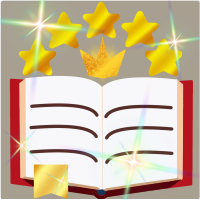
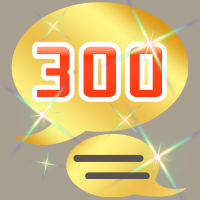
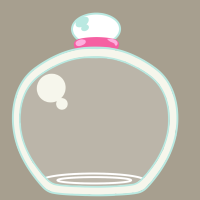
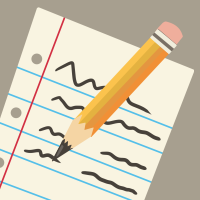
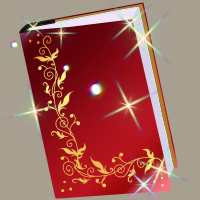
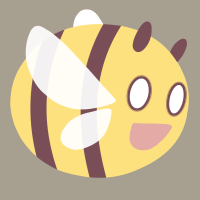

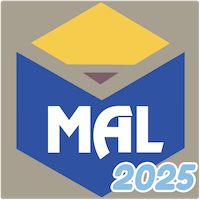
![]()







